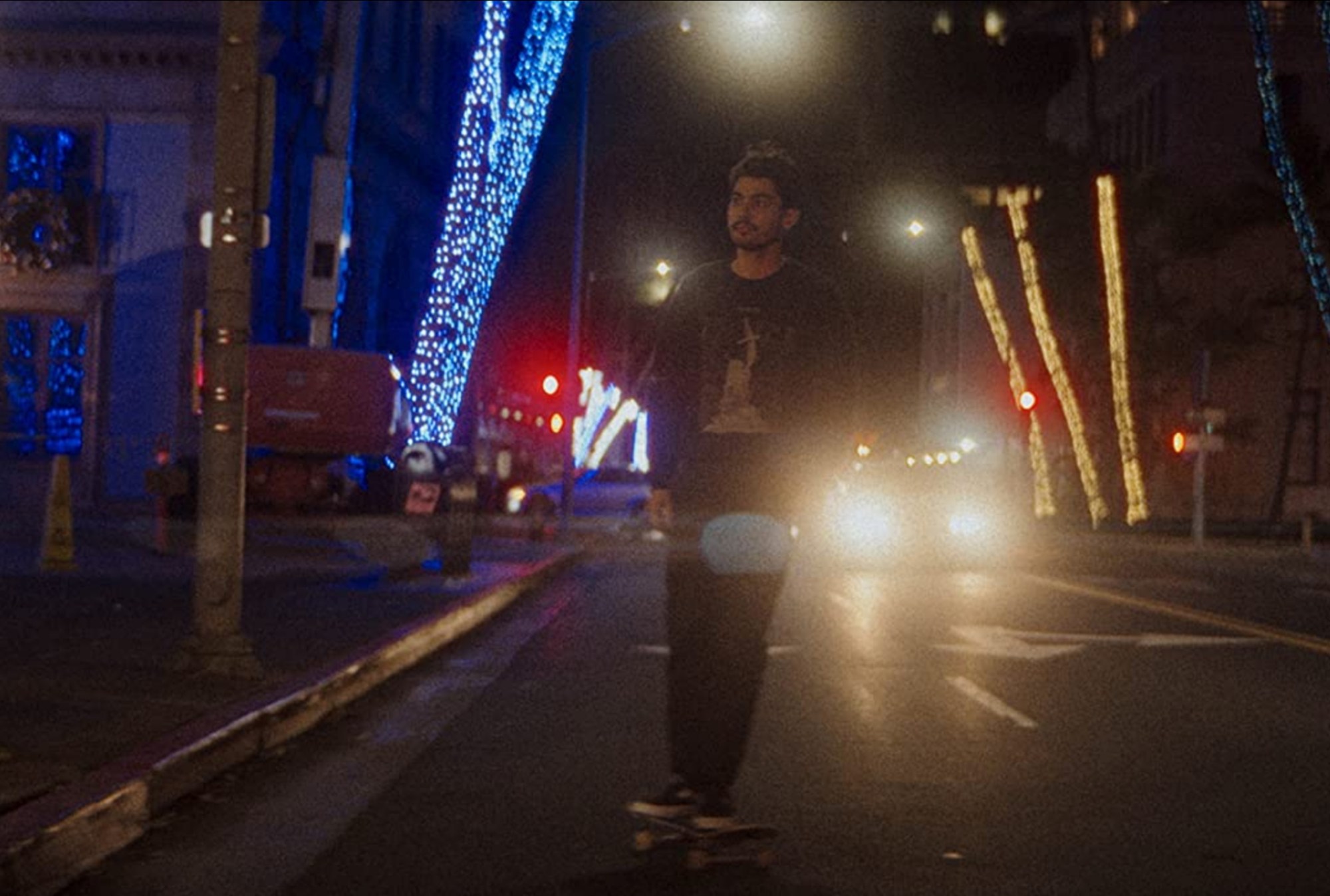
- Festivals
“Every Day in Kaimuki”: A Conversation with Alika Tengan
Growing up in Hawaii, Alika Tengan always felt that the landscape of films available was not reflective of who he or his friends were. Intuitively knowing many fascinating perspectives were waiting to be told, he enrolled to study film at the University of Hawaii. Even though he now reflects that the production quality there wasn’t as proficient as he hoped, he grew confident in the ability to see his world starting to be reflected in a way that made sense to him.
Feeling invigorated, Tengan began to make short films and submitting them to Sundance for consideration, but to no avail. Now that he completed Every Day in Kaimuki, his first feature co-written and starring his good friend Naz Kawakami, Tengen became the first native Hawaiian to have a feature film selected to play at the festival.
The story sets Naz as its protagonist, a cynical but charismatic 20-something who spent his entire life in tranquil O’ahu, Hawaii. Naz skateboards with friends and hosts a nightly radio show where he spotlights emerging musicians. When his girlfriend gets the chance to move to New York he begins preparing for their big move and planning every detail, including an absurd flight plan for his cat. While dreaming about what life outside the island might look like, he wonders whether uprooting his world is the right decision and if anywhere will ever feel like home when he’s always been an eternal outsider.
The HFPA had a chance to chat with Alika about his most recent work and historic achievement.
HFPA: Congratulations on being the very first Native Hawaiian to have a film at Sundance. That must be a sense of accomplishment.
TENGAN: We are the first Hawaiian feature to be selected but they had, I believe, two shorts in previous years. Ty Sanga, I believe, was the first Hawaiian filmmaker to have a short at the festival. Then, just last year, our friend Ciara Lacy was the first female native Hawaiian filmmaker to have a short at the festival. Her film, This Is the Way We Arise, was shot by the director of photography that shot this film. So, a lot of really cool connections there. But yes, just super proud and honored to kind of build off of the work that’s come before me. Hopefully, makes it easier for those after me.
HFPA: Along with your friend Naz you wrote this very personal Hawaiian story. How do you hope it resonates with audiences around the world?
TENGAN: I think that’s what really attracted me to this film. I felt it could be a strong concept. While it is hyper-specific to Naz’s character in terms of having been born and raised in Hawaii, never having left before but really contemplating that decision in a major way is something that resonates with anybody that grows up in a small town in America or around the world. That’s been one of the more heartening parts of this process, some of the early feedback from people who have left Hawaii or wherever they grew up. My manager is from South Africa. She related to that as well. Our producer, Jesy Odio, is from Costa Rica. She also identified with the character’s journey. Yes, we tried to make it as specific as possible but, at the same time, the concept had a lot of universality to it.
HFPA: As we see in the film, many of the characters needed to wear masks when they are outside. When future generations view it, your film will be a living testimonial to Covid. How did you handle that challenge?
TENGAN: There were definitely a lot of things to navigate with that. Safety was the utmost thing. Even now it’s really crazy to reflect on it. The percentages of infection are up to 20 percent in Hawaii. That’s really high and in stark contrast to what it was when we were there shooting, which was around 2 percent. We couldn’t have shot it now, basically. We hit a sort of amusing window of time to do it safely. Then, as you said, it was a tricky negotiation of when to have masks and when to not have them. In pivotal scenes, emotional scenes, it kind of would be tough to show that emotion. At the same time, it aided in some way too. More than anything, getting the actors comfortable with talking and enunciating in masks was a big thing for us. They all really found a groove with that.

